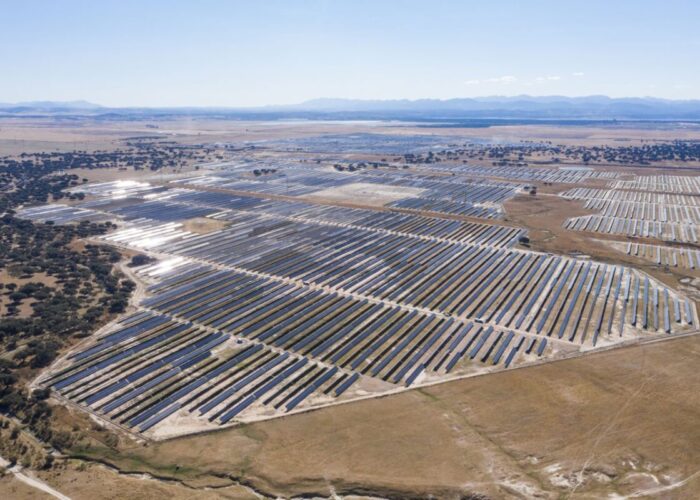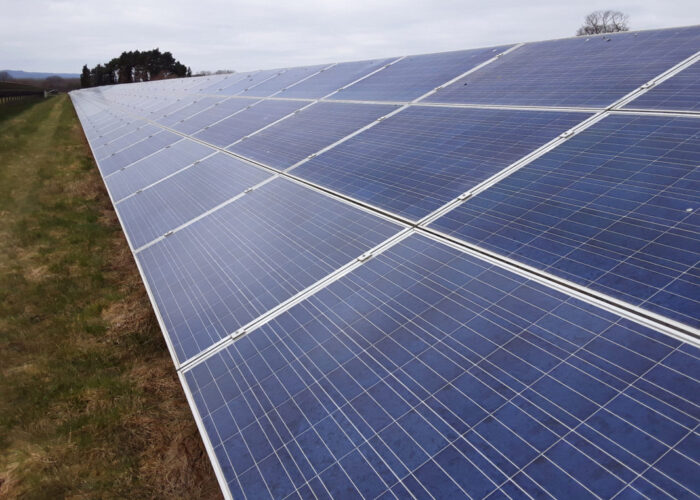On Wednesday 19 July, The European Parliament (EP) has approved by 55 votes in favour and 15 against reforming the EU Electricity Market Design.
Through a vote on the Energy Committee of the EP, members of the European Parliament (MEPs) have welcomed a wider use of Contracts for Difference (CfDs) to accelerate the development of renewables.
Unlock unlimited access for 12 whole months of distinctive global analysis
Photovoltaics International is now included.
- Regular insight and analysis of the industry’s biggest developments
- In-depth interviews with the industry’s leading figures
- Unlimited digital access to the PV Tech Power journal catalogue
- Unlimited digital access to the Photovoltaics International journal catalogue
- Access to more than 1,000 technical papers
- Discounts on Solar Media’s portfolio of events, in-person and virtual
Under a CfD, public authorities would compensate energy producers in case of energy prices fall to steeply, while if prices are too high it would collect payment from energy producers.
“We turned CfDs into the reference system for encouraging the electricity sector to transition towards a renewable-based zero-emission system. A system that will improve make companies more competitive through clean electricity at competitive and stable prices,” said lead MEP Nicolás González Casares.
MEPs have also asked the European Commission to set up a marketplace for power purchase agreements by the end of 2024, which was highlighted as a mechanism to provide consumers with stable prices and renewable energy providers with reliable revenues.
These reforms were put forward earlier this year by the European Commission. The European Union (EU) legislative body’s Industry, Research and Energy Committee voted, with 55 MEPs in favour, 15 against and two abstentions.
The committee also voted 47:20 with five abstentions to open negotiations on the design reforms with the European Council, although the full House will have to now vote on that step for it to go ahead in a forthcoming plenary session.
Another aspect that was put forward earlier this year by the European Commission would be for consumers with rooftop solar installed to be able to sell the excess capacity to neighbours and not just to the supplier which would bring another potential income source.
Naomi Chevillard, head of regulatory affairs at trade body SolarPower Europe, said: ’‘Today we breathe a sigh of relief as MEPs have decided to not make market revenue caps a structural feature of the electricity market. They have recognised the hugely negative impact of the caps on renewable energy growth – resulting in a contraction of the Power Purchase Agreements (PPA) market by 21% in 2022 due to regulatory uncertainty.
“This vote sends a powerful signal to the EU capitals, as the Energy Council works to agree its own position. EU institutions must now complete negotiations to ensure a fast adoption of the text, which also contains positive proposals for the growth of PPAs, rooftop PV and grid integration of solar.”
Finally, the reform could also bring forward better transparency in terms of grid connection capacity availability, while trading deadlines would be brought closer to real-time to allocate a better flow of renewables trade and balancing.
For coverage of the Electricity Market Design as it pertains to batteries and other energy storage tech, visit our sister-site Energy-storage.news.







